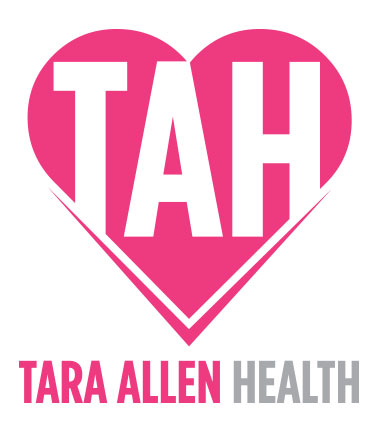Hola!
You know I’m pro-protein. I’ve basically written love letters to eggs, legumes, and protein powders for years. I've been trolled by countless registered dietitians on my posts over the years for suggesting people eat more protein than the measly government recommendations before it became a more mainstream idea recently (and *ahem*, just like that, no more protein trolls!).
Protein helps stabilize blood sugar, preserves muscle, boosts metabolism, and makes fat loss feel like less of a war zone.
But also… here comes the nuance.
There’s a weird thing happening right now. People are learning that they need more protein (yay!), but skipping the next part: how to balance that intake with other pathways that impact long-term health and longevity.
Let me explain. Can we get a little nerdy together right now?
Protein stimulates something called mTOR, a growth and repair pathway in the body. This is a good thing in doses ... especially if you’re strength training or recovering from injury.
But mTOR is like a light switch: it signals GROWTH MODE in the body. Cells multiply. Tissues build. It’s helpful when you need to regenerate ... but you do not want that switch flipped all the time.
Because unregulated, chronic growth signals in the body can mean bad news:
⚠️ Accelerated aging
⚠️ Insulin resistance
⚠️ Reduced autophagy (cellular cleanup)
⚠️ And most critically… a potential environment for rogue cell overgrowth (yes, cancer)
To be blunt, If I were sedentary, chronically stressed, drinking alcohol regularly, barely sleeping, avoiding sunlight, eating lots of ultra-processed food ... and then started loading up on protein, I’d be nervous. That’s not growth, that’s fueling the wrong fire.
You don’t want to layer growth signals on top of dysfunction. That’s like watering weeds and calling it a garden. The wrong "stuff" will grow.
So while protein is powerful, it should come with knowledge and strategy. You’ve got to earn that mTOR activation by also engaging AMPK, the cellular cleanup crew if you care about more than just body composition. If you ALSO care about longevity and preventing disease.
🥩 Protein builds.
⚙️ AMPK recycles.
🧠 You need to cycle between both to thrive.
Here are a few ways to support that balance:
Train fasted once or twice a week
Go for a walk after dinner
Prioritize quality sleep
Keep alcohol in check
Give your digestion a break with 12–14 hour overnight fasts and no food (or protein supplements) 3 hours before bed
Longevity isn’t built through obsession. It’s built through rhythm. And protein is still a star! Just not one that should be headlining every system in your body 24/7.
Did this blow your mind a little? Hit reply. I’m all ears.
And if you’re inside The Metabolic Edge, just know all of the pieces of our strategy we're working on together is built with the mTOR and AMPK cycling in mind. I studied my ass off for a billion years in school and spent trillions of dollars on degrees, certifications, continued ed., fellowships, etc. so that I can bring you a one-of-a-kind system that doesn't just sculpt your body to achieve body composition goals, but also works on improving every damn cell and organ in your body for health optimization. You're in good hands! ;-)
XO,
Tara
P.S. Ok, ok, maybe not quite a billion years or a trillion dollars… but I am turning 42 tomorrow, and something tells me my birthday gift to myself might involve signing up for more learning. Some habits die hard and I will never NOT serve you the best I can. 😊
